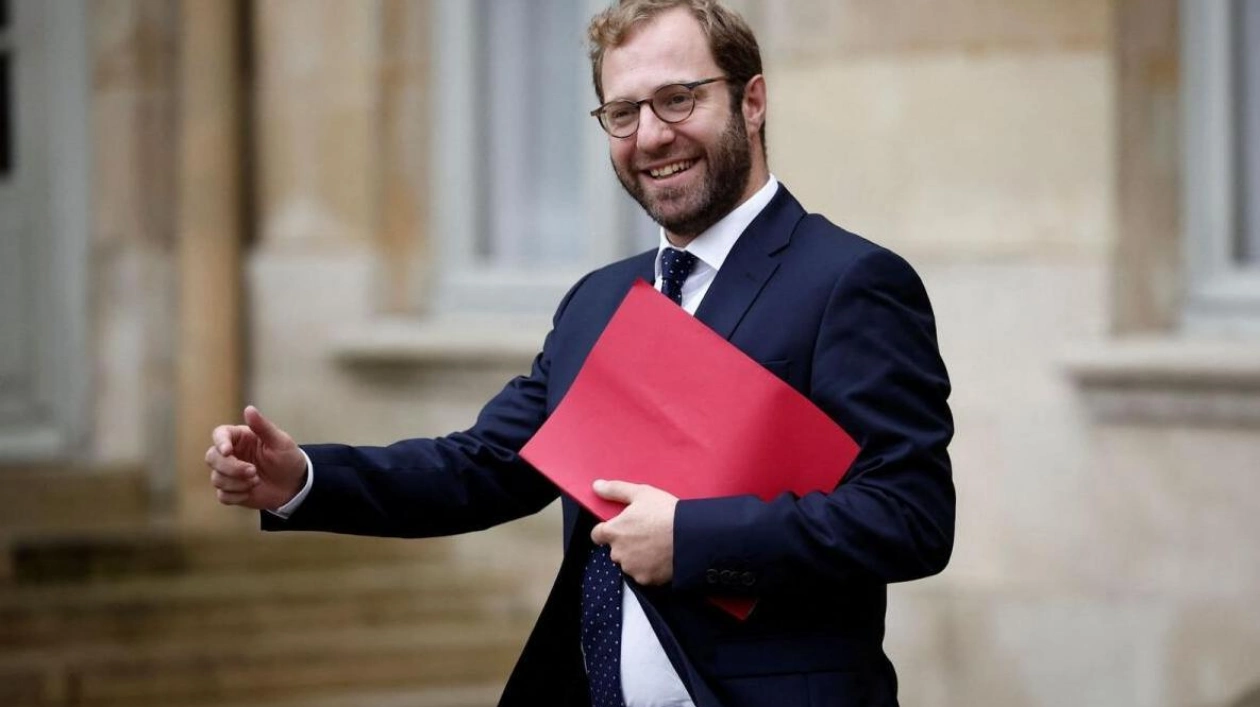France is currently experiencing one of the worst public deficits in its modern history, according to the newly-appointed finance minister, Antoine Armand. He confirmed on Tuesday that new taxes on the wealthy and large corporations are being considered to restore financial order. Armand also mentioned that he will be engaging with various economic stakeholders, including unions and business organizations, to reduce government overspending.
The deficit is projected to hit 5.6 percent or more of national output this year, nearly double the European Union's limit. Armand emphasized the gravity of the situation, stating, “Apart from one or two one-off crisis years in the past 50 years, we have one of the worst deficits in our history.”
The new conservative government, led by Prime Minister Michel Barnier, faces a challenging parliamentary session in the coming months. Ministers must navigate a divided National Assembly to pass a 2025 budget aimed at repairing public finances. Barnier can rely on support from conservatives and President Emmanuel Macron’s diminished camp, but the left-wing NFP alliance and the far-right National Rally (RN) could potentially bring down the government if they unite in a confidence vote.
In a recent interview, the prime minister hinted at “targeted” tax increases on “wealthy individuals or certain large companies” as part of a broader plan to stabilize the economy. Barnier is expected to unveil his draft budget early next month, a significant delay from the typical October 1 deadline, due to the extended process of forming a new government under Macron.
This shift towards increasing taxes marks a departure from the policies of Macron’s previous seven-year term, which focused on stimulating economic activity through tax reductions on companies, housing, and wealth. The tax burden was reduced by approximately two percentage points of GDP, to 43.2 percent, between Macron’s first election in 2017 and 2023, according to national statistics agency INSEE.
Economist Thomas Philippon, a professor at New York University who advises the French government, noted that while seven years of avoiding tax increases made sense, it required a corresponding effort to reduce spending to avoid exacerbating the deficit. Patrick Martin, head of the bosses’ federation Medef, expressed openness to discussing tax increases, provided the state makes a “much greater effort” than it demands from companies.
Armand emphasized that any new taxes must not hinder economic growth or job creation, and that the middle class and working people would not bear a heavier tax burden. Instead, he suggested that “people with very large wealth, who sometimes pay little in taxes, could contribute more in the current situation.”






